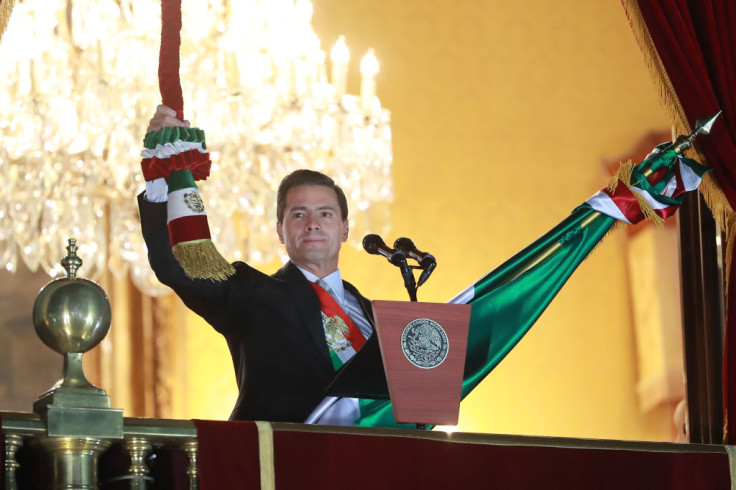
Former Mexican President Enrique Peña Nieto allegedly received up to $25 million from two Israeli businessmen in exchange for facilitating deals involving surveillance technology, including the controversial Pegasus spyware.
An investigation by Israeli business outlet The Marker claims that entrepreneurs Avishai Neriah and Uri Ansbacher negotiated contracts during Peña Nieto's presidency which strengthened ties between cybersecurity companies in Israel and Mexico. Central to those deals was NSO Group, the Israeli firm behind Pegasus, a spyware that has been widely criticized for its use in targeting journalists, dissidents, and activists.
The report, titled "We invested $25 million in the president: The secret arbitration that reveals how Avishai Neriah and Uri Ansbacher divided Mexico," alleges that the two businessmen funneled money to Peña Nieto in exchange for insider access and lucrative government contracts.
Mexican news outlet Animal Político also reported on the investigation, noting that Mexico had long been one of NSO's major clients. During Peña Nieto's presidency, Pegasus was reportedly used to monitor journalists and dissidents. One of the most prominent alleged targets was investigative journalist Carmen Aristegui, known for her reporting on the former president's wealth.
At the center of The Marker's story is a confidential arbitration between Neriah and Ansbacher, originally filed in 2018. A ruling issued in late 2024 detailed how the pair divided their influence over Mexican officials, some of whom were described as "belonging" to one or the other. A key figure, referred to in documents as "the elder man," is widely understood to be Peña Nieto.
To avoid directly naming him, the arbitration refers to "the N," citing both his 2012 election and the conclusion of his term in December 2018. A provisional ruling included in the case states: "Party B (Ansbacher) is claiming reimbursement for half of all expenses jointly incurred by both parties in the investments related to this personality... estimated at $25 million."
Ansbacher also argued that the relationship with the official constituted a joint business venture and asset.
The use of Pegasus by Mexico's military was later confirmed under oath. In December 2023, Gen. Pedro Bonilla Muñoz, then head of the Legal Affairs Unit at the Secretariat of National Defense (Sedena), testified before a federal court and said that Sedena had contracted the spyware between June 2011 and August 2013. He said he did not know which department had carried out the purchase but acknowledged the deal's existence during the trial related to the surveillance of Aristegui.
"In an official letter, I responded to a request from the federal prosecutor regarding whether Sedena had acquired the Pegasus system," Bonilla said during his testimony. "The system was indeed acquired from June 2011 to August 2013."
Sedena previously addressed the matter in 2022, issuing a statement denying any use of Pegasus under the current administration or for monitoring journalists and activists.
Following publication of The Marker's report, Peña Nieto responded via his X account, dismissing the allegations as "baseless" and criticizing the article for lacking journalistic standards.
Lamento encontrarme con notas que, sin el mínimo rigor periodístico, hacen afirmaciones a la ligera y dolosamente.
— Enrique Peña Nieto (@EPN) July 6, 2025
Totalmente falsa la nota sobre supuestas aportaciones.
Es una insinuación carente de sustento alguno.
Queda la duda, en interés de quienes, se hace tal…
"They make careless and malicious claims; the report about alleged contributions is completely false," he wrote. "It's an insinuation with no foundation whatsoever."
© 2025 Latin Times. All rights reserved. Do not reproduce without permission.







